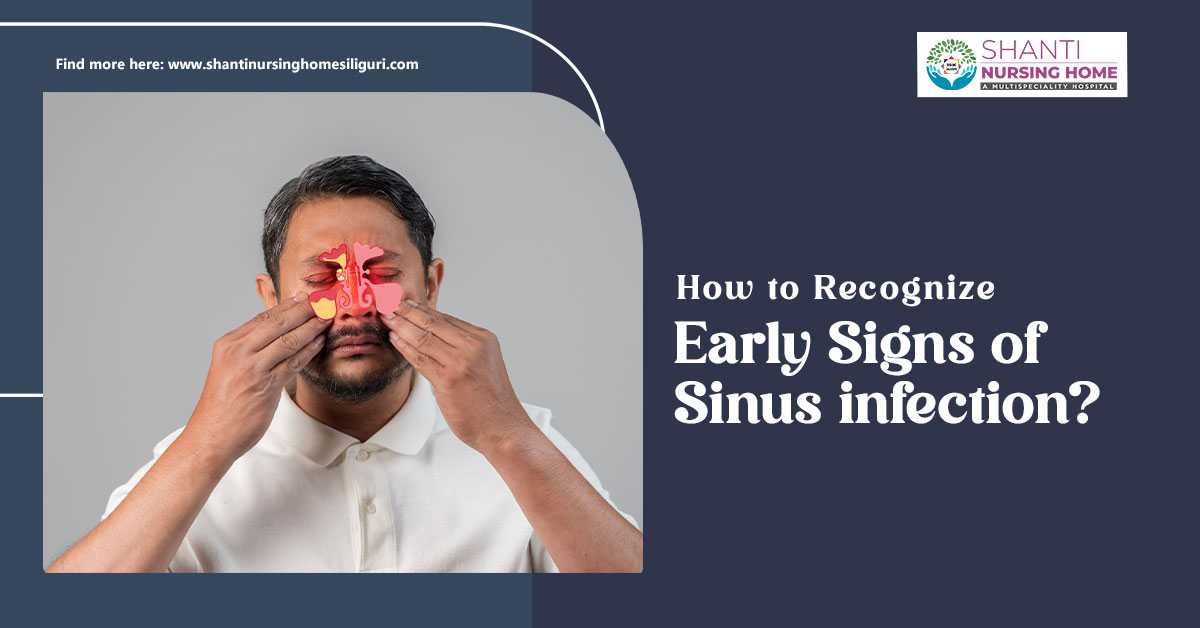A heart attack or myocardial infarction is a medical emergency where the blood supply in the heart is blocked or reduced due to a blood clot. The main cause of this type of blockage is cholesterol, fat build-up, and plaques which can significantly damage the blood vessels while developing the complication of decreased blood flow.
If this cardiac condition is not treated properly then it can even cause death. This is why it is essential to treat a heart attack in a critical care unit (CCU) for a speedy recovery. You must visit the nearest hospital in Siliguri or call an ambulance if you experience any symptoms of heart attack, which is worsening with time.
Given below is a brief description of the symptoms of heart attack and how it is diagnosed and treated in a CCU.
Symptoms
A heart attack can be a fatal condition, so it is essential to identify the warning signs to receive critical care services immediately. Some of the early signs that you must look into are squeezing and chronic pain in the chest. In some cases, this pain can even spread to the back, arms, jaw, and neck.
Apart from the severe pain, you may also get a heavy feeling in your heart with shortness of breath. The other associated symptoms include dizziness, sudden drop in blood pressure levels, heartburn, and sweating.
Complications
If you fail to contact the best critical care hospital in Siliguri immediately after experiencing the symptoms, then a heart attack may lead to various life-threatening complications. In most scenarios, it causes heart failure where the heart no longer can pump blood.
The other associated complications include myocardial rupture, angina, arrhythmia, aneurysm, edema, and cardiogenic shock. These complications mainly happen due to the insufficient oxygen supply and damage in the muscles around the heart.
Diagnosis
After reaching the CCU, the doctor will first diagnose your condition thoroughly to be sure that the experienced symptoms are of a heart attack or not. Initially, the doctor will ask you some general questions regarding your medical history, age, and overall health.
The doctor will also perform some diagnostic tests immediately, which may include various imaging tests such as echocardiograms, X-rays, and CT scans. To confirm the heart attack and measure the heart’s electrical activity, blood tests along with electrocardiography can also be done.
Procedures
Once the diagnosis is done, the medical professionals in the CCU will conduct effective procedures to prevent damage, sustain normal blood flow in the heart, and open the blocked arteries. Coronary angioplasty is the best non-surgical method that helps in restoring the blood flow.
This measure is beneficial only if the blockage is partial. In serious cases with cardiogenic shock, coronary artery bypass grafting (CABG) is done to connect the affected vein with a healthy vein to bypass the damaged section.
Medications
To stop further damage to the heart due to the attack, various medications can also be prescribed by the doctor. Thrombolytic therapy is the most beneficial one since it breaks the blood clots. Herein, anticoagulants, antiplatelets, or beta-blockers can also be used as per the needs.
Availing of the services of critical care in Siliguri will ensure that your health condition is monitored throughout the day and night. After being stable, the cardiac care team can recommend preventive measures such as quitting smoking and regular exercise to reduce the risks of heart attack in the future.




